Healthy Food: Pumpkin
Pumpkin is a versatile and nutritious vegetable that is loaded with a variety of nutrients. In this article, we will explore the nutritional properties of pumpkin, its various uses and benefits, as well as some tips and tricks for incorporating it into your diet.
Nutritional Benefits of Pumpkin
Pumpkin is nutrient-dense, meaning it has lots of vitamins and minerals and relatively few calories. To begin with, one cup (245 grams) of canned pumpkin provides 1:
- Calories: 137
- Protein: 3 grams
- Fat: 7 grams
- Carbs: 19 grams
- Fiber: 7 grams
- Vitamin A: 209% of the Daily Value (DV)
- Vitamin K: 37% of the DV
- Copper: 28% of the DV
- Vitamin E: 22% of the DV
- Iron: 18% of the DV
- Magnesium: 13% of the DV
- Riboflavin: 10% of the DV
- Vitamin B6: 10% of the DV
- Vitamin C: 10% of the DV
- Potassium: 10% of the DV
Most of the health benefits of pumpkin are focused on its fiber content and micronutrients, including beta carotene and vitamin A. Beta carotene is a carotenoid that your body turns into vitamin A, which is essential for healthy vision, skin, and immune function 12.
Tips and Tricks for Incorporating Pumpkin into Your Diet
Pumpkin is a versatile ingredient that can be used in both sweet and savory dishes. Here are some tips and tricks for incorporating pumpkin into your diet:
- To begin with, add canned pumpkin to your morning smoothie for a nutrient-packed breakfast.
- Roast pumpkin seeds with a little bit of salt and olive oil for a healthy snack.
- Use pumpkin puree as a base for a creamy soup or pasta sauce.
- Add pumpkin puree to your pancake or waffle batter for a fall-inspired breakfast.
- Mix pumpkin puree into your oatmeal or yogurt for a filling and nutritious snack.
- Finally, use pumpkin puree as a substitute for oil or butter in baked goods for a healthier twist.
Advantages and Disadvantages of Pumpkin
Advantages:
- To begin with, pumpkin is low in calories, making it a great choice for weight loss or weight maintenance.
- Pumpkin is high in fiber, which can help you feel full and satisfied after meals.
- Pumpkin is a good source of several vitamins and minerals, including vitamin A, vitamin C, and potassium.
Disadvantages:
- To begin with, some pumpkin products, such as pumpkin pie or pumpkin spice lattes, can be high in added sugar.
- Some canned pumpkin products can be high in sodium, so be sure to check the label before purchasing.
Awareness and Danger
While pumpkin is generally considered safe for consumption, there are a few things to keep in mind:
- To begin with, some people may be allergic to pumpkin. Symptoms of a pumpkin allergy can include itching, swelling, and difficulty breathing.
- Eating too much pumpkin can cause toxicity, which can lead to nausea, vomiting, and diarrhea. However, this is rare and usually only occurs if you eat large amounts of pumpkin seeds.
Conclusion
In conclusion, pumpkin is a healthy and versatile vegetable that is loaded with nutrients. It can be used in a variety of dishes and is a great choice for weight loss or weight maintenance. However, some pumpkin products can be high in added sugar or sodium, so be sure to check the label before purchasing. If you’re allergic to pumpkin or experience any adverse symptoms after consuming it, be sure to seek medical attention.




